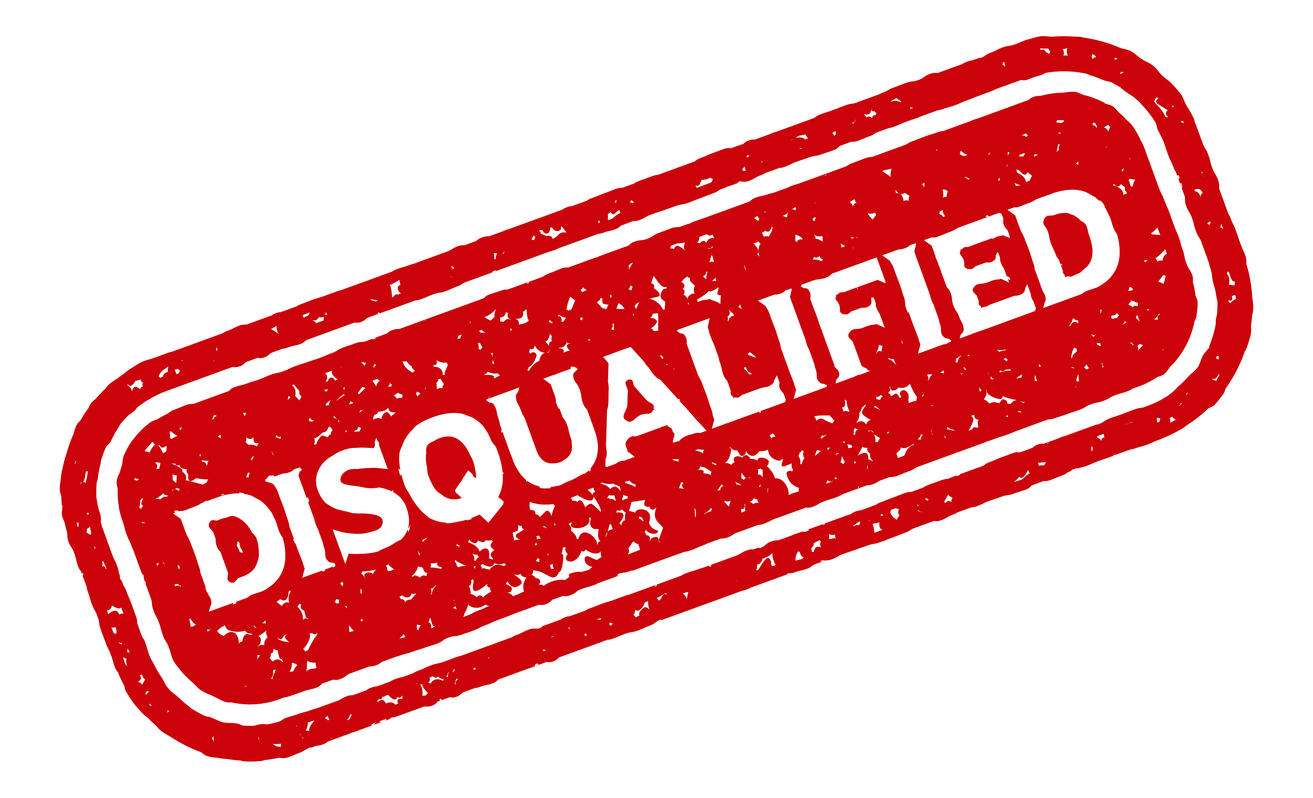Many businesses have commercial liability insurance policies which provide coverage if they ever lose a lawsuit for damages caused by their goods or services. Here’s an overview of how such coverage generally works: (1) the insured is sued for damages stemming from its business operations; (2) the insured loses in court and is ordered to pay a certain amount; (3) the insured makes an insurance claim with its carrier for those parts of the court award for which the policy provides coverage; and (4) the carrier pays those portions of the award covered under the policy. However, in the case of National Union Fire Insurance Company of Pittsburgh, Pennsylvania v. Puget Plastics Corp., the carrier’s denial of coverage rested on the definition of “accident.”
In Nat’l Union Fire Ins. Co. of Pittsburgh, PA, Puget Plastics Corporation was sued by its customer, Microtherm, Inc. Microtherm manufactures a tankless water heater and one of its main components is a water chamber made by Puget Plastics. Approximately 800 of the 5000 chambers made by Puget Plastics ruptured, causing water damage to the water heaters’ circuit boards, as well as severe damage to customers’ homes and businesses. A state jury awarded Microtherm $22,340,000.
After the state court entered judgment, Microtherm, Puget Plastics, and Puget Plastic’s primary insurer entered into a post-judgment mediation. Disclaiming coverage, National Union, Puget Plastics’ commercial umbrella insurer, refused to participate. Under the insurance policy between Puget Plastics and National Union, National Union is legally obligated to pay because of “property damage” caused by an “occurrence.” The policy defined “occurrence” as “an accident, including continuous or repeated exposure to conditions, which results in Bodily Injury or Property Damage neither expected nor intended from the standpoint of the Insured.” National Union denied coverage because, among other things, it believed the damages the jury awarded did not stem from an occurrence.
On appeal, the Fifth Circuit Court of Appeals tackled the “occurrence” issue. The Fifth Circuit interpreted the policy’s definition of “occurrence” as “an insured’s conduct is an occurrence if it: (1) qualifies as an accident and (2) results in harm that the insured did not expect or intend.” Upon discovering that “accident” was not defined by the policy, the Fifth Circuit used the most generally accepted or commonly understood meaning.
In Texas, deliberate acts may constitute an accident unless: (1) the resulting damage was ‘highly probable’ because it was ‘the natural and expected result of the insured’s actions’; (2) ‘the insured intended the injury’; or (3) the insured’s acts constitute an intentional tort, in which case, the insured is presumed to have intended the injury.
The Fifth Circuit elaborated:
In sum, [Puget Plastics] cannot recover under the Policy if: (1) the injury to Microtherm was highly probably, (2) Puget intended or expected the injury inflicted on Microtherm, or (3) Puget committed an intentional tort.
Having found that Puget Plastics’ actions did not fit any of those categories, the Fifth Circuit affirmed the jury’s finding that Puget Plastics’ actions qualified as an “occurrence” for purposes of insurance coverage.



